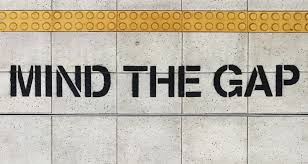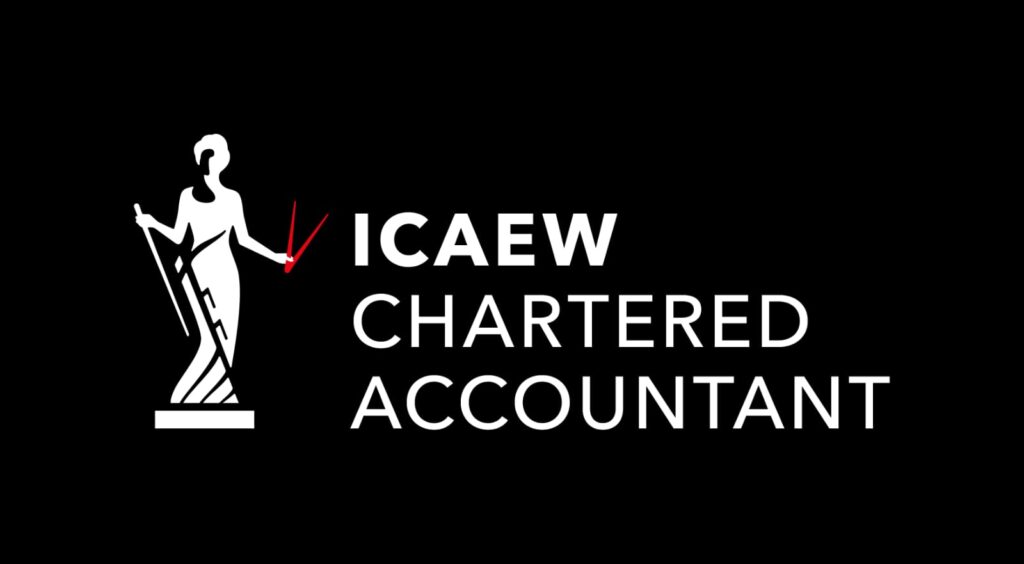In May 2021, Erica Dhawan caused a stir by first coining the term Geriatric Millennial (you can read her essay here). Dhawan defined geriatric millennials as those born between 1980 and 1985. The term arose from a 10-year study which Dhawan conducted, assessing collaboration and communication with the American workplace. The research forms the basis for her book “Digital Body Language” where she interviewed employees at all levels across a broad spectrum of industries. Given the sudden and global move to remote working we were all experiencing at that time, it is no surprise that the term gained some serious traction.
Here are the key takeaways.
- Geriatric millennials straddle the generational divides of older and younger people in the workplace. Since geriatric millennials remember life and work before smartphones, the related explosion in digital communications and social media, they can comfortably flex between traditional and digital forms of communication.
- Older and younger members of the workforce cannot do this as easily, or so the research goes. It is said that it can often feel difficult for these cohorts to connect to one another, almost as though they’re speaking different languages, this can create unintended tensions in the workplace and damage morale, productivity, and progress.
- The geriatric millennial has an innate ability to bridge this communication gap and organisations should ensure such people are at the centre of decision-making and communications to support workplace cohesion and generational inclusion.
Dhawan’s book was an instant Wall Street Journal Bestseller.

I have my reservations, while clearly a huge success does this work run the risk of pigeon-holing people? There seems to be an appetite for labels, definition, finding “your tribe” – but doesn’t that simply entrench us division?
What the paper does for me is spark an interesting and really valuable analysis of how we communicate in the workplace – one area that always warrants revisiting. We should all be showing consideration to the values, personality, background and preferences of our audience – but clearly, your date of birth is a blunt instrument, so focussing on age in the first instance risks overlooking all the many other values that we possess.
I see exceptions to received generational norms regularly; from clients to colleagues, managers, to direct reports, friends and family, and it is always refreshing to see. The best communicators in your organisations stand out, you notice how they connect at ease with everyone – across all levels, all departments and all backgrounds, and (yes) all generations. They take time, listen carefully to understand the individual, appreciate nuance, and they will likely tell you there are no short-cuts or tricks to building relationships.
Since the shift to remote working in March 2020, we have all had the opportunity to develop our “digital body language.” Right now, I see the widespread (and likely permanent) shift to new, hybrid models as a similar, shared lesson in moving successfully between traditional and digital communication and one where all can all look forward to closing the Gap.
Thanks for reading,
Sean
Reconcile Search Ltd was established in 2022 to offer a new approach to talent sourcing: for Accountants, by Accountants. If you are interested in hearing more about what Reconcile Search Ltd can offer you as a candidate, or employer, please get in touch via inquiries@reconcile_search.com.

